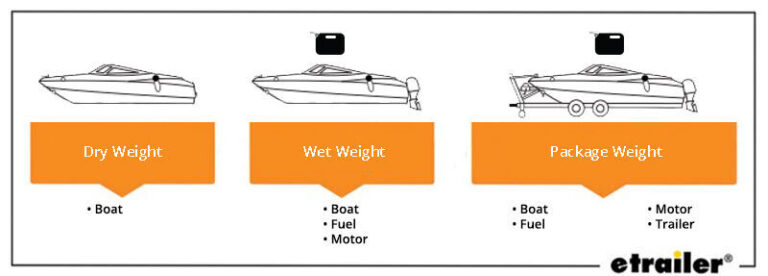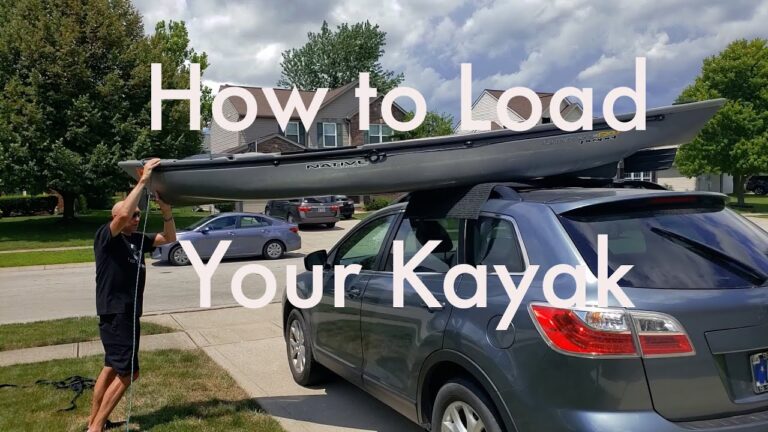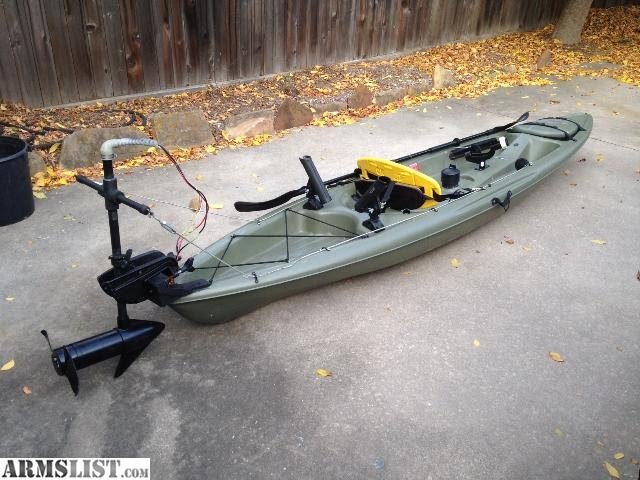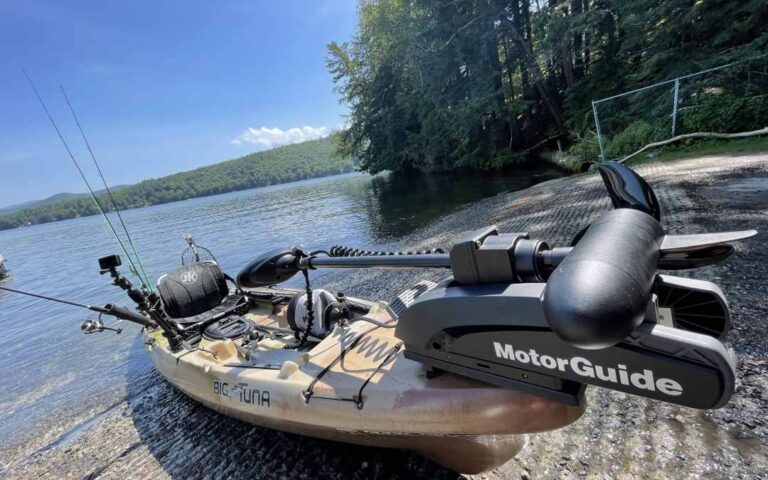Does a Canoe Need to Be Registered
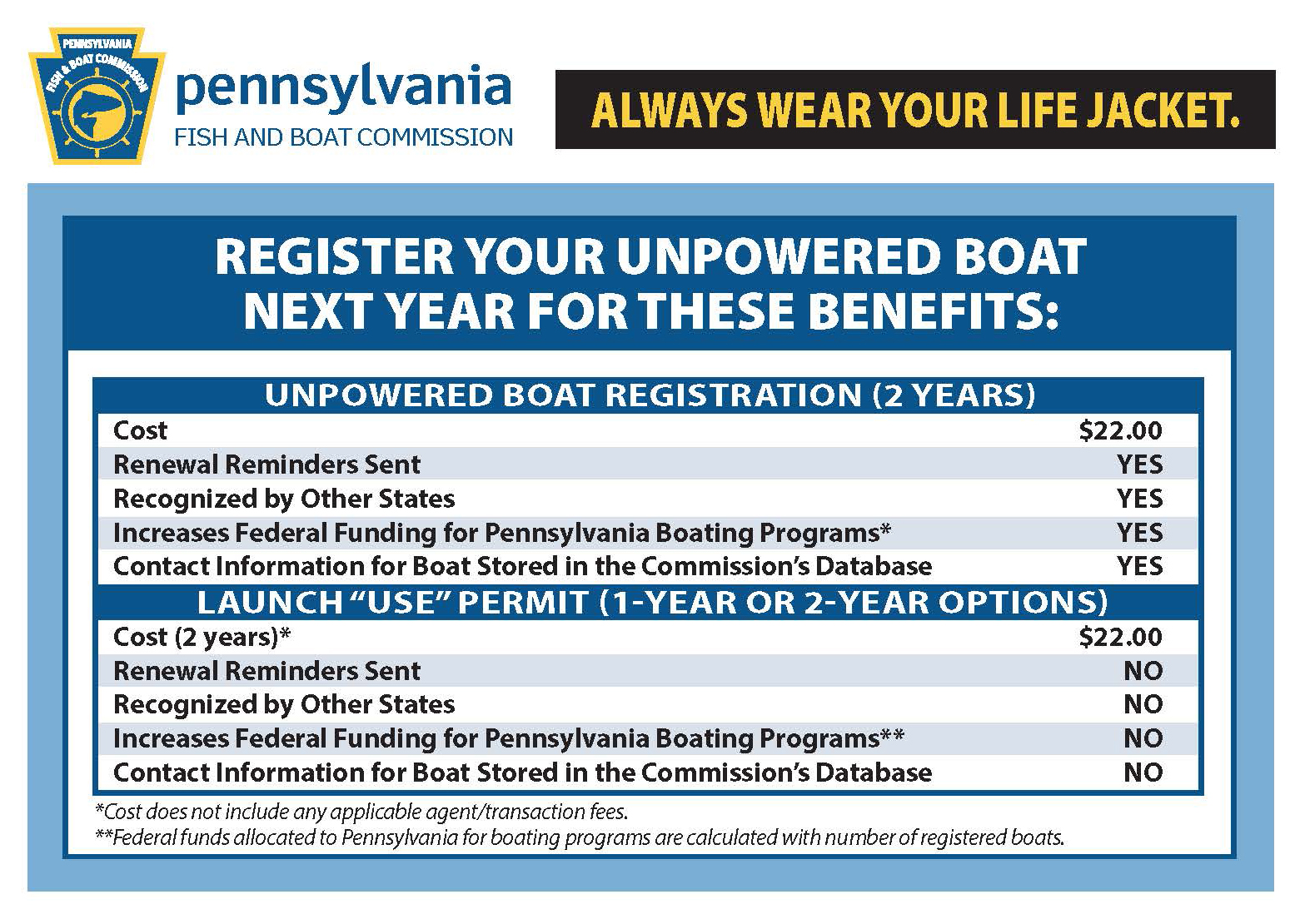
A canoe does not always need to be registered, but it depends on your local regulations. Some states require registration, particularly if the canoe has a motor.
Venturing out onto the water in a canoe offers a serene and intimate way to explore nature, yet many paddlers are unsure about the legalities concerning canoe registration. The requirement to register a canoe varies widely from one region to another and often hinges on factors such as the presence of a sail or motor, the canoe’s use, and local laws.
In states where registration is mandatory, failure to comply can result in fines or other penalties. Typically, purely human-powered canoes used for personal recreation do not need to be registered, but this is not a universal rule. Before paddling out, it is essential for canoe owners to check with their state’s boating agency or maritime authority to understand the specific legal requirements, ensuring they remain compliant and enjoy their time on the water responsibly.
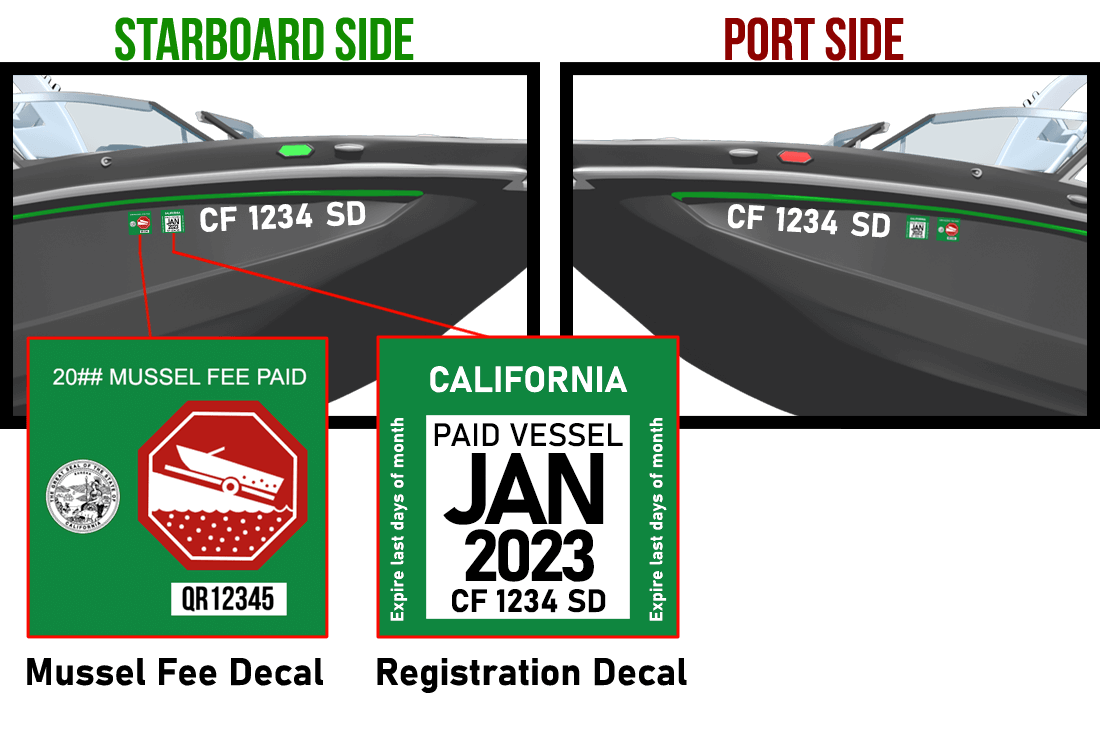
Credit: aceboater.com
Navigating Legal Waters
Understanding whether a canoe requires registration depends on local and state laws. Each state has its own set of rules. Some states mandate the registration of all watercraft. This includes motorized and non-motorized vessels. While others may exempt canoes or require registration only if the vessel has a motor.
To determine your situation, contact your local Department of Motor Vehicles (DMV) or boating authority. They provide the needed information. Knowing the specific type of watercraft registration needed is essential. It ensures legal compliance while enjoying water activities.

Credit: fwp.mt.gov
Key Factors Influencing Registration
The need to register a canoe can depend on its length. Smaller canoes, often under a specific size, might not need registration. This size threshold can vary by location. It is best to check with local boating authorities for precise rules.
How you use your canoe also affects registration requirements. A canoe used for personal recreation may not need a tag. In contrast, canoes for commercial purposes often require registration, regardless of size.
If your canoe has a motor, most places require registration. This includes both gas and electric motors. Registration helps in identifying your vessel in the water.
Crossing state lines can complicate things. Many states have reciprocity agreements, but it’s not universal. Check the registration rules of the state you’re entering, as they may differ from your home state.
Understanding The Registration Process
Registering a canoe is not always mandatory. It depends on your local state laws. Most states require registration for motorized watercraft. If your canoe has a motor, check your state’s requirements. You should register your canoe if it is necessary in your area.
| Registration Step | Documentation | Cost | Validity Duration |
|---|---|---|---|
| 1. Complete application form | Proof of ownership | Varies by state | 1-3 years typically |
| 2. Provide identification | Photo ID | ||
| 3. Pay required fees | Bill of sale (if needed) |
To start the registration process, gather your documents. This includes a proof of ownership and a photo ID. Visit your local boating agency with these. Some places might ask for a bill of sale. Fees differ based on where you live. Check with local authorities for exact numbers. Most registrations are good for one to three years.

Credit: www.takemefishing.org
Benefits Of Registering Your Canoe
Registering your canoe ensures you comply with local laws. Not all places require it. But, it gives you access to certain waters that unregistered boats can’t enter. This can open up new adventures for you and your family.
It boosts safety while you’re on the water. Authorities can better assist in emergency situations. Your contact information is on file. That means faster response times if you need help.
Having your canoe registered proves it’s yours. If someone steals your boat, it’s easier to prove ownership and recover your canoe. The registration acts like a security tag for your vessel.
Exemptions And Special Cases
Mandatory registration for canoes varies by state. Research your local laws to ensure compliance.
Rental canoes often come with temporary registrations. This is generally handled by the rental company.
| State | Exemption Status | Notes |
|---|---|---|
| Alabama | No | All watercraft must be registered. |
| California | Yes | Only motorized vessels require registration. |
| Minnesota | Yes | Canoes less than 10 feet long are exempt. |
Short-term visitors may apply for a temporary permit. It covers a canoe for a limited time.
Consequences Of Non-compliance
Failing to register a canoe can lead to multiple penalties. Authorities may issue substantial fines to owners of unregistered watercraft. These fines vary by state and local regulations. Owning an unregistered canoe could also impact insurance coverage. Some insurance policies require legal compliance, including registration, to provide protection. Without proper registration, insurance claims might be denied during an accident or theft. Lastly, unregistered canoes may face access limitations to certain waterways. Many areas restrict unregistered vessels from entering their waters. It’s crucial to understand the laws governing your locality to avoid these complications.
Frequently Asked Questions On Does A Canoe Need To Be Registered
What Is Required For A Canoe In Texas?
In Texas, a canoe requires life jackets for all passengers, a sound-producing device, and proper lighting if used after dark. Registration is not needed for a non-motorized canoe. Follow water safety laws and consider taking a boater education course.
Does A Canoe With A Trolling Motor Need To Be Registered?
Yes, a canoe equipped with a trolling motor typically requires registration. Check with your local boating authority for specific regulations.
What Size Boat Needs To Be Registered In Texas?
In Texas, all motorized boats, regardless of length, and sailboats 14 feet in length or longer require registration. Non-motorized boats like kayaks, canoes, and paddleboats do not need registration.
Can You Register A Boat In Texas Without A Title?
No, you cannot register a boat in Texas without a title. Titles are mandatory for registration.
Conclusion
Navigating the legalities of canoe ownership doesn’t have to be daunting. Remember, registration requirements vary by state and vessel type. Always check local laws to ensure compliance and safe exploration of waterways. Happy paddling, and stay legal on the water!
